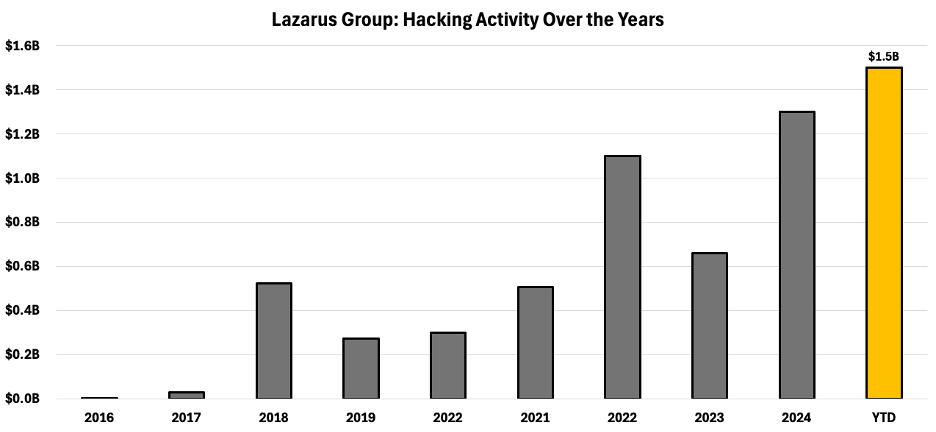CoinDesk Indices, Exchange-Traded Product, Private Keys, Wallets, Self custody, CoinDesk Indices, Crypto Long & Short, Opinion, Opinion For whales with scale, the trade-offs of holding spot BTC are increasingly hard to justify. Bitcoin ETPs are an alternative, offering an efficient structure that allows big investors to sleep easy at night, says 21shares’ President Duncan Moir.
For over a decade, the mantra for bitcoin holders has been clear: “not your keys, not your coins.” But as bitcoin matures into a globally recognized asset, that mindset is no longer sufficient for whales managing hundreds of millions in BTC. The recent movement of over 80,000 BTC from eight Satoshi-era wallets — the largest such transfer in bitcoin’s history – has reignited attention around how legacy holders manage and eventually unwind vast positions. Holding spot bitcoin directly, especially in large quantities, exposes investors to avoidable risk, operational headaches and regulatory friction — not to mention the kind of custody nightmares that can keep even the most seasoned holders up at night.
An alternative exists in the form of regulated bitcoin exchange-traded products (ETPs) — a proven, equity-like structure with a strong track record. Physically backed crypto ETPs have been available in Europe for over seven years.These products combine the transparency and safeguards of traditional markets with the innovation of digital assets — offering stronger security frameworks, improved liquidity access, tax and compliance efficiencies and the ability to use them as collateral for loans. For large holders, the case to move into regulated wrappers is becoming too strong to ignore.
Liquidity is a major concern. Large holders who want to unwind a position often face significant slippage and counterparty risk on centralized exchanges. Alternatively, they must appoint external firms to manage the process, triggering time delays due to onboarding and KYC and often paying a premium in execution. With an ETP, the administrative hurdles are front-loaded; once onboarded, the investor has access to the ETP’s liquidity pool, simplifying and accelerating exit strategies when timing matters. Many whales believe that self-custody maximizes security. In reality, managing large spot positions is incredibly complex. Key management, cold storage logistics, succession planning and internal controls require infrastructure that few individuals — or even crypto-native funds — can maintain securely at scale. Regulated ETPs sidestep this entirely by offering professionally managed custody solutions — combining segregated accounts, insurance coverage and direct oversight from financial regulators. European structures go even further with bankruptcy-remote frameworks and legal title to the underlying BTC. This isn’t about giving up ownership, in fact, it is an upgrade to how that ownership is held: securely, transparently and with institutional-grade safeguards to avoid loss and fraud. For example, the Lazarus Group, one of North Korea’s most notorious hacking organizations, has been responsible for a significant number of crypto-related breaches, resulting in the theft of $1.5 billion this year alone.
Figure 1: Total value of crypto-hacks in USD over the past several years

Source: Chainalysis
European ETPs allow in-kind transfers which enable investors to move bitcoin directly into and out of the fund without triggering a taxable event. This is especially valuable in jurisdictions like Switzerland and Germany, where long-term holders can optimize capital gains treatment. For whales thinking long term, the flexibility of in-kind flow is a major upgrade. It also unlocks new financial optionality; rather than selling their bitcoin during a major life event like buying a home, investors can borrow against their ETP holdings and access liquidity without ever parting with the underlying asset and triggering capital gains.
Self-custody will always have a place, especially for users in unstable regions or those needing financial sovereignty. But for whales with scale, the trade-offs of holding spot BTC are increasingly hard to justify. Bitcoin ETPs are simply less of a headache: they reduce risk, improve liquidity access, simplify compliance and offer long-term infrastructure for serious capital allocators, allowing big investors to sleep easy at night. The future of bitcoin ownership isn’t about whether you can hold your keys, it’s about whether you should.
CoinDesk: Bitcoin, Ethereum, Crypto News and Price Data Read More
